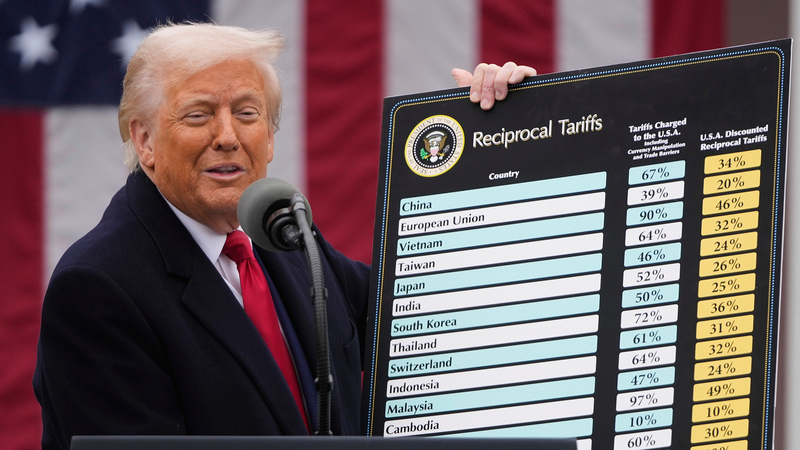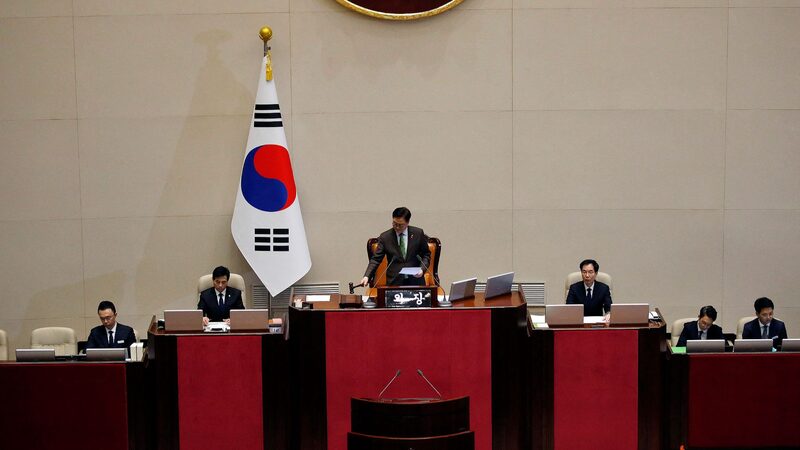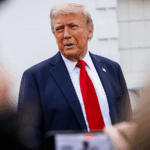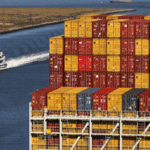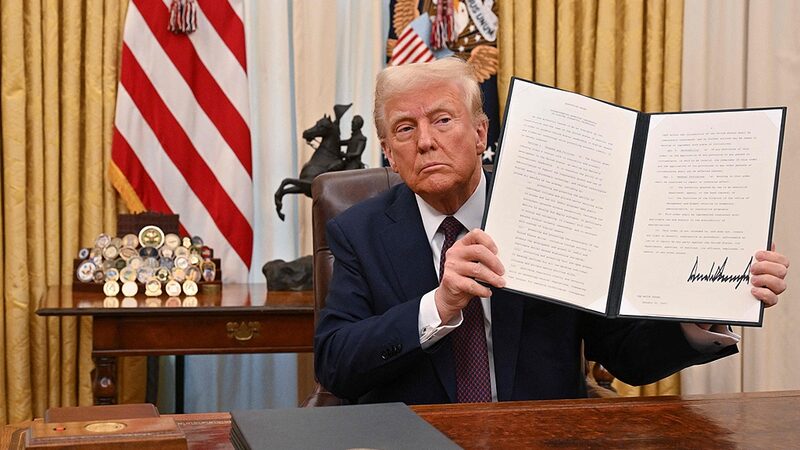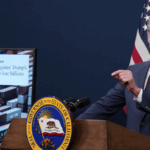A U.S. federal court has blocked former President Donald Trump's controversial 'Liberation Day' tariffs, marking a significant legal setback for trade policies critics argue disrupted global commerce. The Manhattan-based Court of International Trade ruled Wednesday that Trump exceeded his constitutional authority by imposing sweeping duties on imports from nations with trade surpluses with the U.S.
The decision, stemming from a lawsuit filed by the Liberty Justice Center on behalf of five small businesses, underscores growing tensions between executive power and congressional oversight in trade regulation. Plaintiffs—including a New York wine importer and a Virginia-based educational kit manufacturer—argued the tariffs would cripple their operations by inflating costs.
Judge Patricia M. McCarthy emphasized in her ruling that the Constitution grants Congress exclusive authority over international commerce, which cannot be overridden by presidential emergency powers. The case represents the first major legal challenge to Trump's tariff policies, which have faced seven separate lawsuits and opposition from 13 U.S. states.
Analysts suggest the ruling could embolden other challenges to unilateral trade measures, particularly as businesses grapple with supply chain uncertainties. While the decision directly impacts small enterprises, its implications extend to broader debates about U.S. trade strategy and executive accountability.
Reference(s):
cgtn.com

